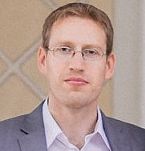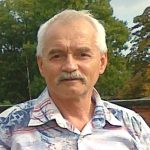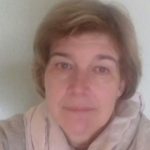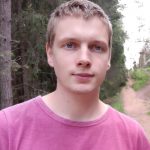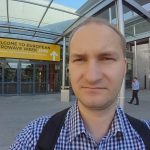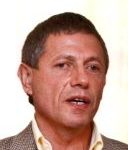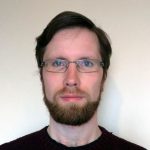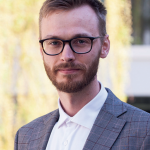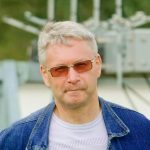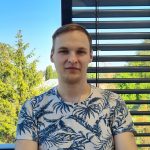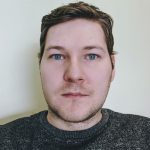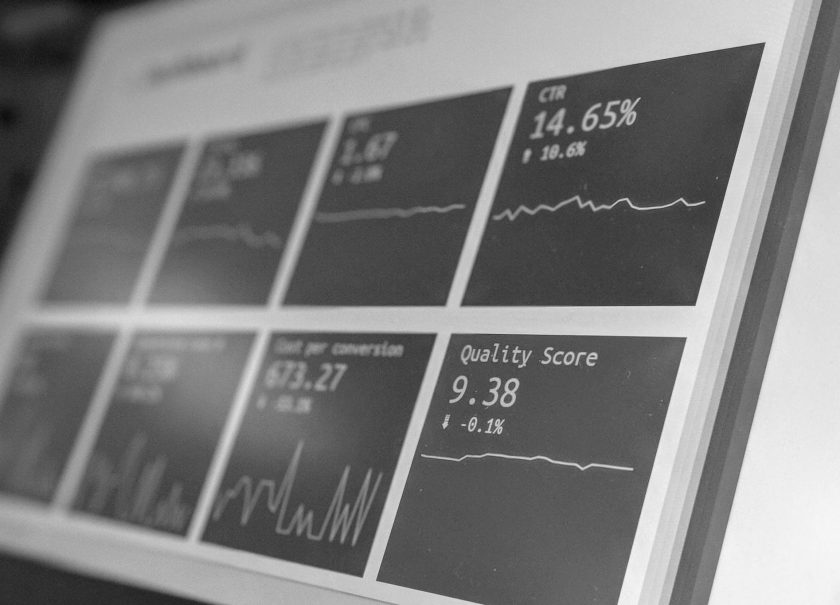
Signal processing laboratory
The laboratory was established in 1972 and is engaged in theoretical research and practical development of digital signal processing systems, including the development of specific techniques and applications in analog-to-digital signal conversion. The work of the laboratory during these years is reflected in more than 200 publications, conference presentations, and monographs.
Currently, there are 19 people in the laboratory, including 3 lead researchers, 6 researchers, and 3 scientific assistants.
Research and development areas:
- Virtual instruments based on advanced DSP technologies;
- Program-controlled radio devices, including those based on non-uniform sampling;
- Signal-dependent analysis of non-stationary signals, event-driven analog-to-digital conversions;
- Biometrics and brain signal processing;
- Microminiaturization of data acquisition and processing systems;
- Smart sensor and networked embedded system signal processing;
- Wireless sensor network systems, including sensor module hardware architecture, communication protocols, operating systems and application-oriented software;
- Applications of directional antenna arrays in wireless sensor networks;
- Transistor based UWB pulse generators and receivers;
- Wearable devices and their signal processing.
Currently, two groups have been formed in the laboratory focusing on the development of wearable sensor systems and the development of ultra-wideband radar technology.
Wearable sensor group is working on wearable sensor system development with potential applications in medicine, sport and daily activities. Mainly systems are based on inertial sensors, but the group has also experience with bioelectric signals (ECG, EMG, EEG). Within group novel wired communication solution has been developed that allows data acquisition from several hundred sensors, using minimal wiring. The solution is further developed beyond the field of wearable sensor systems for monitoring the deformations of constructions.
Examples of developed technologies:
- 3D shape reconstruction fabric: https://www.youtube.com/watch?v=YDG0ERF2_d8
- human body motion model 3D reconstruction: https://www.youtube.com/watch?v=vAFCrMgJrmI
- human-computer interface development for people with disabilities: https://www.youtube.com/watch?v=tfiS01VfavU
Group competencies-expertise: sensor system development, inertial sensors, low power sensor system development, PCB design, Flexible PCB design, digital communication interfaces, Bluetooth and Bluetooth Low Energy communication in application level, inertial signal processing, bio-electric signal processing, machine learning algorithms, 3D visualization, simulations, software development for smart devices (Android OS smartphones, tablets) in wearable sensor context.
The Ultra wideband (UWB) radar team is working on research and development of equivalent time conversion radar systems, resulting in both different unique solutions to improve radar performance and efficiency and several patents and publications on UWB signal generation, reception, processing, etc. Also, the group has developed a UWB radar device, which is used to study various UWB radar applications, such as:
- through wall measurements;
- ice thickness measurements;
- observation of non-contact signs of life (breathing, heartbeat);
- time domain reflectometry;
- antenna time domain measurements;
- measurements of material parameters.
Recent projects
-
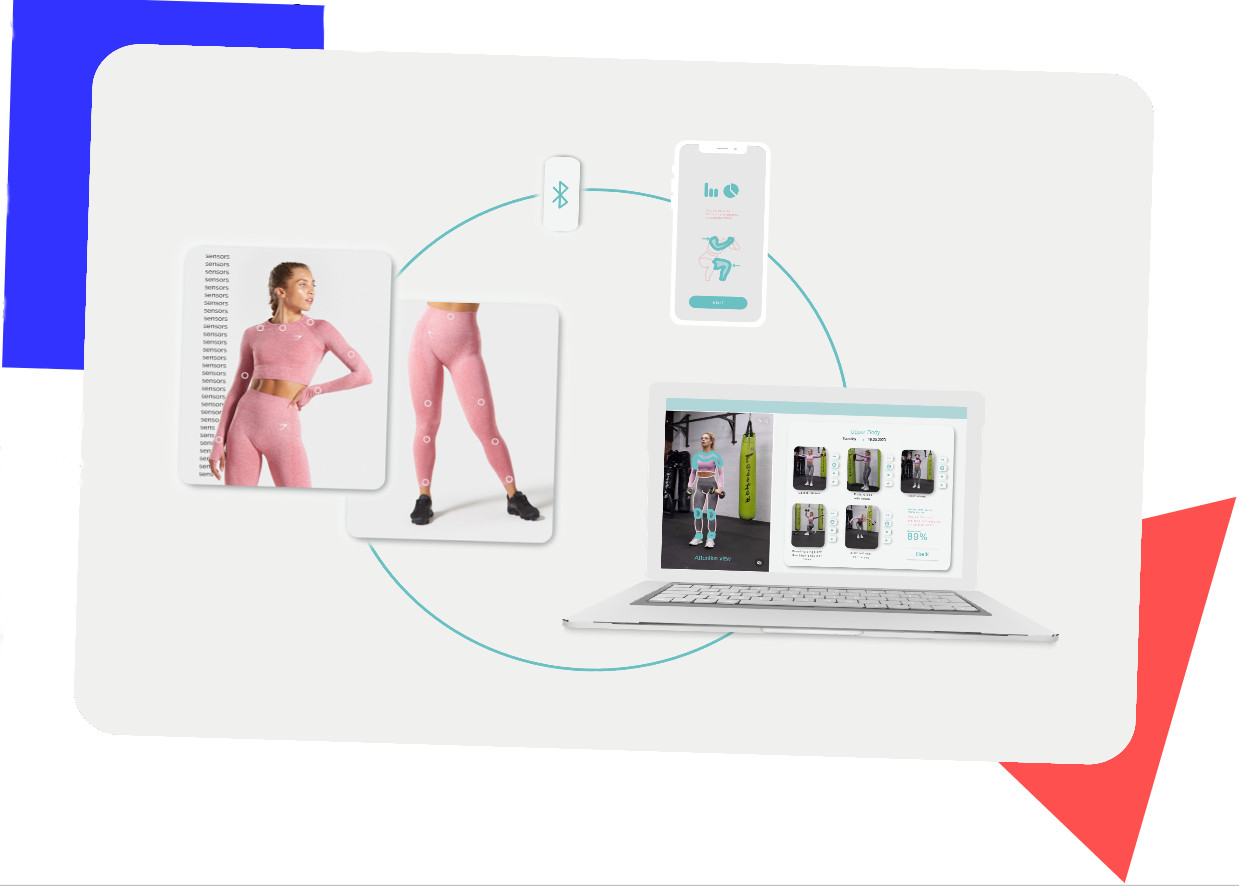 Sensorial Clothes for Accurate Physical Exercise and Instant Feedback (SCAPE-IF) #ESIF
Sensorial Clothes for Accurate Physical Exercise and Instant Feedback (SCAPE-IF) #ESIF
- Automated railway level crossing control system (PAKS) part 2 #ESIF
-
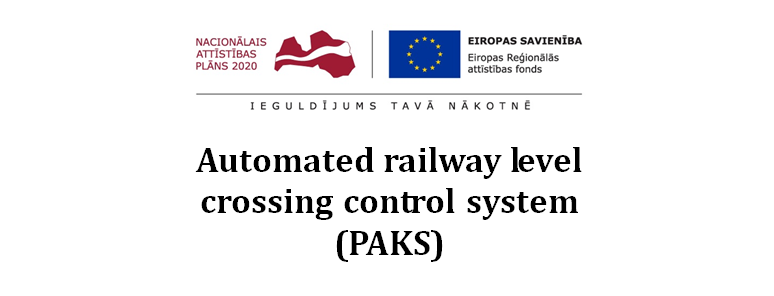 Automated railway level crossing control system (PAKS) #ESIF
Automated railway level crossing control system (PAKS) #ESIF
-
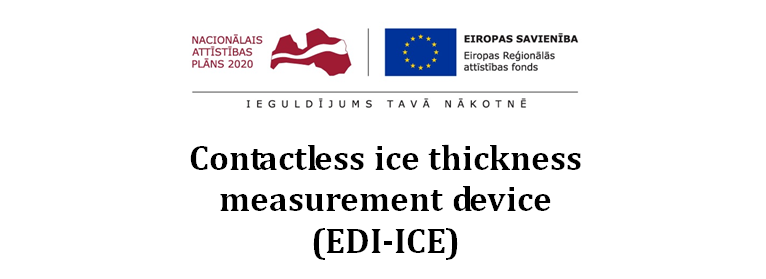 Contactless ice thickness measurement device (EDI-ICE) part 2 #ESIF
Contactless ice thickness measurement device (EDI-ICE) part 2 #ESIF
-
 Contactless ice thickness measurement device (EDI-ICE) #ESIF
Contactless ice thickness measurement device (EDI-ICE) #ESIF
-
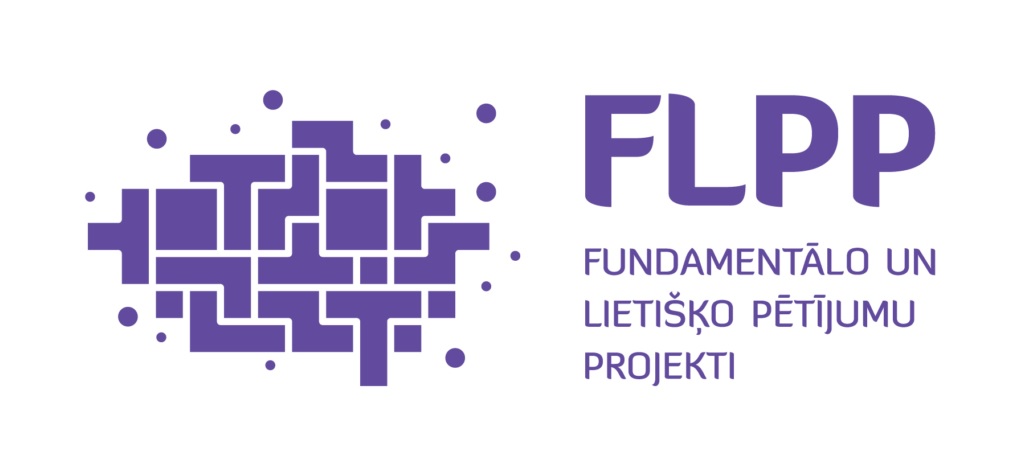 AI-based analysis of multi-static UWB-IR radar signals for non-destructive estimation of materials and structure (MIRSA) #ESIF
AI-based analysis of multi-static UWB-IR radar signals for non-destructive estimation of materials and structure (MIRSA) #ESIF
- ACKCIO contract research project #Contract research (Līgumpētījumi)
-
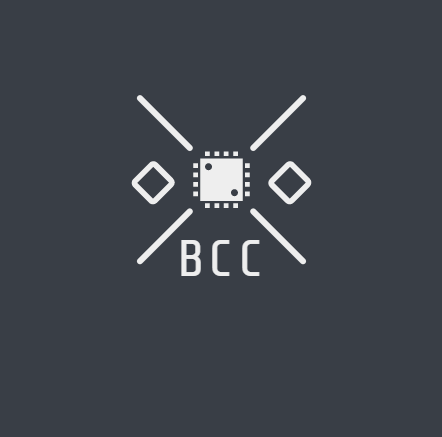 Body-Coupled Communication for Body Area Networks (BCC) #LCS (LZP)
Body-Coupled Communication for Body Area Networks (BCC) #LCS (LZP)
- Technology for high-precision time-amplitude analysis of event flow (TIME-AMP) #LCS (LZP)
Publications
- Aristov, V. (2020). Research of Indirect Method of Measuring the Pulse Generator Output Resistance by the Step Recovery Diode. 2020 24th International Conference Electronics. doi: 10.1109/IEEECONF49502.2020.9141617
- Aristov, V. (2020) Mathematical Analysis of the Nanosecond Pulse Generator on Two SRD Diodes Used in UWB Radars. Automatic Control and Computer Sciences, 54(3), 271-278. doi: 10.3103/S0146411620030013
- Shavelis, R., Ozols, K. (2020) Bluetooth Low Energy Wireless Sensor Network Library in MATLAB Simulink. Journal of Sensor and Actuator Network, 9 (3), 38. doi: 10.3390/jsan9030038
Recent patents
- LR patent Nr. 15529 A "ANTENNA SYSTEM FOR UNDERGROUND RADAR WITH LOCATION OF THE ANTENNAS OPPOSITE EACH OTHER"
- Patent No. EP2695297 (B1) “Ultra-wideband sharpener for excitation a symmeric antenna”
- European Patent No. EP3093992 A1 "An input clocked comparator circuit of an equivalent time sampling converter"
- Latvian Patent No. 14641 “Equivalent time sampling convertor of comparator type"
- LR patents Nr. 14622 “Zigzag antena, kas konstruktīvi ir sajūgta ar koaksiālo kabeli”
- Latvian Patent No.14730. "Stroboscopic comparator"
- LR patents Nr. 14767 “Simetriskas ultra-platjoslas (UWB) antenas triecienierosmes impulsa formētājs”
- LR patents Nr. 14803. “Strobējams komparators ar aizkaves līniju”
- LR patents Nr.15068. “Stroboskopiskais pārveidotājs ultraplatjoslas radiolokācijas signālu atklāšanai”
- LR patents Nr.15273. "Ierīce attālināta kustībā esoša objekta lokalizēšanai"
